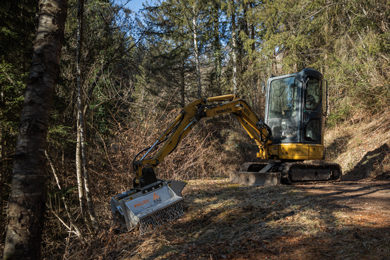The Finnish Forest Industries Federation and the Finnish Paper Workers’ Union have concluded a new collective agreement covering workers in the paper industry for the period 1 June 2008 – 31 March 2010.
Wages will rise by about 4% at the annual level, the pay system will be reformed and workers’ job security will be improved in the face of restructuring. The present collective agreement expires at the end of May 2008.
The paper industry will adopt a new pay system that will promote workers’ multiple skills. The pay system will provide opportunities to diversify tasks and encourage workers to continue training with the help of incentives and personal development plans, as well as improving the availability of labour and thus supporting business operations. The new collective agreement includes cent and euro wage increases and will raise costs by about 4% a year. The new agreement also contains solutions that will allow plants to adopt flexible working hour models, increase occupational wellbeing and strengthen job security in restructuring situations.
Jouko Ahonen, the President of the Finnish Paper Workers’ Union: “In my opinion the solution is a balanced whole that genuinely takes both sides’ views into consideration. The agreement also includes numerous positive changes in workers’ conditions of employment. “One important goal of the agreement is to increase real cooperation at the national and local level. I also consider it positive that we were able to reach an agreement in good time before the expiration of the old agreement, without outside assistance and without confrontation.” Jari Forss, Senior Vice President, Labour Market Policy at the Finnish Forest Industries Federation: “Together with the Paper Workers’ Union we have achieved an important negotiation result that will support the paper industry’s ability to react to market changes in the face of restructuring as well as the broad development of workers’ skills. “The new pay system will improve future possibilities for both employers and workers. This is a step in the right direction and provides a good basis on which to continue development according to the principle of continuing negotiation.”






